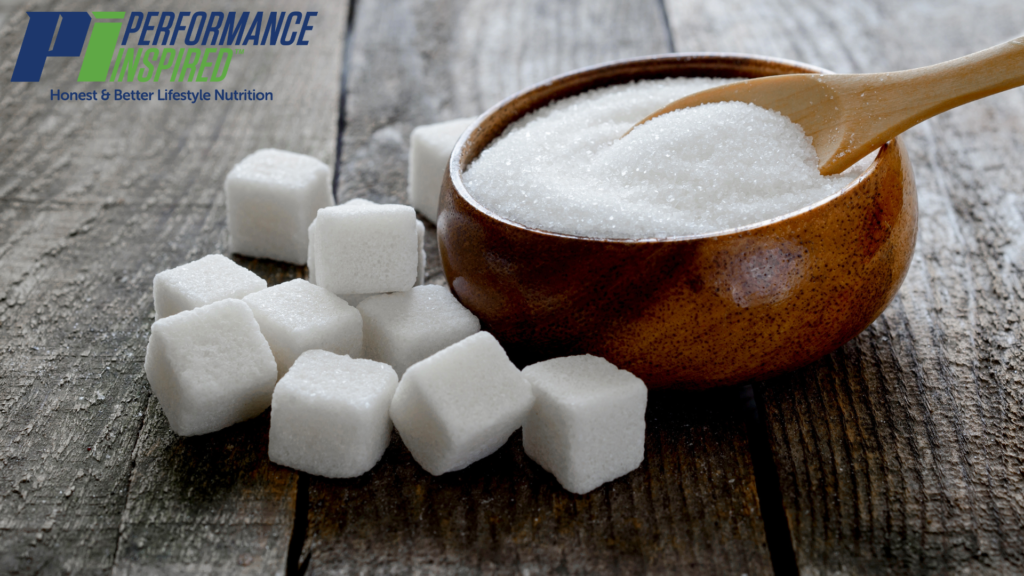Healthy Ways to Cut Out Sugar

America is entrenched in a health crisis. According to Healthline, over 36%
of adult Americans are obese. Over 32% are overweight. And 17% of children ages
2-19 are obese. This is indeed a health crisis.
A sedentary lifestyle is part of the problem. But another main
culprit is sugar. It may taste great, but it’s addictive, and it can lead to a
whole host of health problems, as it does so much more than just rot your
teeth.
Sugar is responsible
for weight gain and an increased risk of heart disease. It increases the
risk for type 2 diabetes and other diseases, including fatty liver disease. And
it may even accelerate the aging process and cause acne.
Most people know that sweet foods and desserts like cookies,
cakes, and candy are laden with sugar. But sugar is also found in processed
foods, in condiments such as ketchup, in sodas and juices, in jellies, and even
in drinks that are supposed to be healthy, such as smoothies (they’re often
made with juice).
According to the National Cancer Institute, the average adult male
consumes the equivalent of 24
teaspoons of added sugar a day. That’s a lot of sugar, especially
considering the fact that MD
Anderson Cancer Center recommends that women limit themselves to no more
than 25 grams per day and men limit themselves to no more than 37 grams a day.
To put that in perspective, a Snickers
bar has 29 grams of sugar.
So, you can see how easy it is to overburden your body with sugar.
How do I cut my sugar intake?
We cannot overstate the importance of cutting your sugar intake.
And while it may not be easy at first, your body will soon adapt, and you will
feel much healthier.
The first step is becoming aware of what you are putting into your
body.
Read labels: Check the ingredient list on the prepackaged
foods you buy. Look for foods low in sugar (4 grams or fewer). Sugar comes in
many forms, so look for ingredients such as high fructose corn syrup, brown
sugar, honey, molasses, and so on. Stay away from these items and choose foods that
are made with natural ingredients.
Understand the difference between refined sugar and natural sugar: Fresh
fruits have natural sugar. These foods are healthy. Whole grain foods that are
minimally processed are also good choices. Stay away from foods with added
sugar.
Make healthy substitutions: Instead of adding sugar to your
coffee, drink it black or add some cinnamon. Eat fresh fruits instead of canned
fruits. Spread butter on your toast instead of jelly. Drink water instead of
juice. Cut the desserts down to once or twice a week instead of daily.
Beware of sugary sports drinks: Many leading sports drinks are
loaded with sugar. Drink plain water or add a sugar-free electrolyte powder to
your water.
Snack wisely: Grabbing sugary snacks to get you through
the day may feel like a good idea at the time, but putting these unhealthy
foods in your body will do more harm than good. So put down the candy bar or
the sugar-filled granola bar and try PI’s
Inspired-Bar 2.0. Packed with protein and low in sugar, this bar will fill
you up and also still satiate your sweet tooth.
Try a different kind of crunch: It can be satisfying to crunch on
chips, crackers, or cookies, but these processed foods will only lead to weight
gain. Try substituting these snacks with vegetables and a low-sugar dip. Celery
(or carrots) and natural peanut butter taste great together, as does celery
with cream cheese. Try cutting some cucumber and adding a pinch of salt. Or
make some baked kale chips by spreading fresh kale on a cookie sheet, adding
some salt and olive oil, and baking for 15 minutes at 400 degrees.
The key to making lifestyle changes is to change your mindset. Understand how food can harm and help your body, and make the decision to feed your body only good foods. Your body will thank you, and you’ll likely be happier when you step on that scale.
#performanceinspired #performanceinspirednutrition #nutrition #healthblog #fitnessblog #blogpost #fitnessnutrition #fitnessblogger #healthysnacking #healthyeating #dietwell #cutoutsugar #inspiredtobebetter

